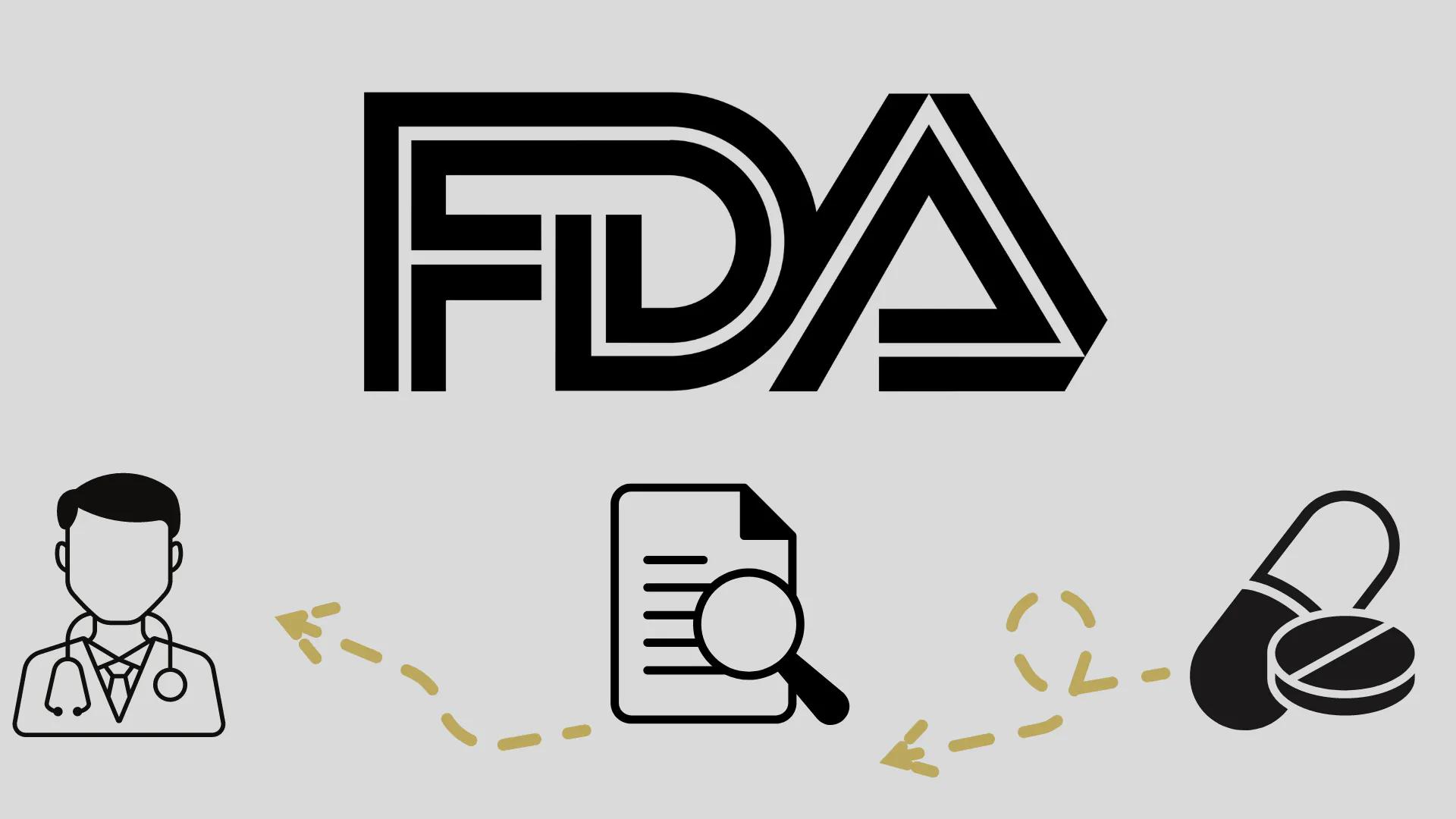
FDA Grants Multiple Breakthrough Therapy Designations to Trastuzumab Deruxtecan

Fam-trastuzumab deruxtecan-nxki was granted 2 breakthrough therapy designations by the FDA for its potential to fill a treatment gap for HER2-expressing tumors.
- Fam-trastuzumab deruxtecan-nxki (T-DXd; Enhertu) has demonstrated substantial clinical benefit in HER2-positive cancers.1
- With its breakthrough therapy designations (BTDs), the development of fam-T-DXd will be accelerated.
- T-DXd has potential to fill an unmet need for 2 different HER2-positive cancers, based on the granting of the BTDs.
Two FDA BTDs have been granted to the T-DXd for the treatment of 2 types of HER2-positive cancers, according to a joint announcement by Daiichi Sankyo and AstraZeneca.1
The first designation is for adult patients with unresectable or metastatic HER2-positive solid tumors who progressed after their prior treatment and for whom no effective alternative therapies exist. The second designation is for the treatment of patients with HER2-positive metastatic colorectal cancer (mCRC) who have previously undergone treatment with 2 or more regimens.
“[T-DXd] is the first HER2-directed therapy to demonstrate a potential benefit across a series of difficult-to-treat cancers and these designations are recognition of the continued potential of this innovative medicine,” said Ken Takeshita, MD, global head, R&D, Daiichi Sankyo, in a press release. “We remain committed to exploring additional opportunities for [T-DXd] in these tumor types with the goal of bringing this treatment to more patients as soon as possible.”
Both BTDs were granted based on promising clinical trial results. For the HER2-positive solid tumors population, the BTD is based on results from the phase 2 DESTINY-PanTumor02 study (NCT04482309).2 At a median follow-up of 9.7 months in a population of 267 patients, treatment with T-DXd achieved an objective response rate (ORR) of 37.1% and a median duration of response (mDOR) of 11.9 months. In the subgroup of patients with immunohistochemistry (IHC) 3+, the ORR was 61.3% and mDOR was 22.1 months. Responses were deemed encouraging by the study investigators and the clinical benefit was durable, according to findings presented at the 2023 American Society of Clinical Oncology (ASCO) Annual Meeting.
In terms of safety in DESTINY-PanTumor02, 58.4% of patients experienced grade 3 or higher adverse events (AEs). Further, in 6.7% of patients, cases of treatment-related interstitial lung disease or pneumonitis occurred, but most cases were low-grade.
DESTINY-PanTumor02 is ongoing with a target enrollment of 468 patients with HER-expressing solid tumors including bladder cancer, biliary tract cancer, cervical cancer, endometrial cancer, ovarian cancer, pancreatic cancer, and rare HER2-expressing tumors. The primary end point being explored in the study is ORR, and the secondary end point include DOR, disease control rate, progression-free survival (PFS), 6- and 12-month PFS rate, overall survival (OS), 6- and 12-month OS rate, the occurrence of AEs, pharmacokinetics, and the immunogenicity of T-DXd based on the presence of anti-drug antibodies.3
Patients aged 18 years or older with a local advanced, unresectable, or metastatic, HER2-expressing solid tumors are eligible to enroll. Patients are required to have progressed on prior therapy, have measurable disease pre RECSIT v1.1, and have adequate cardiac, renal, and hepatic function.
The BTD for the HER2-positive cCRC population is based on findings from the phase 2 DESTINY-CRC01 (NCT03384940) study for which final results were published in Nature Communications. In cohort A of the study, which included patients with HER-positive mCRC with an IH3 + or IHC 2+, the confirmed ORR was 45.3%. The mDOR shown in the study was 7.0 months. In addition, survival benefit was demonstrated with T-DXd in these patients. The median PFS observed in cohort A was 6.9 months (95% CI, 4.1-8.7 months). The median OS observed was 15.5 months (95% CI, 8.8-20.8 months).
The safety results showed that neutrophil count and anemia were the most common grade 3 or higher AEs, and treatment-related interstitial lung disease/pneumonitis occurred in 9.3% of patients.
“This is an important step in bringing [T-DXd] to patients with a broad range of HER2-expressing solid tumors who currently face a poor prognosis,” said Susan Galbraith, MBBChir, PhD, executive vice president, Oncology R&D, AstraZeneca, in the press release.1 “We are encouraged by the recently reported results from our pan-tumor and colorectal cancer trials that contributed to these designations, and we look forward to working closely with the FDA to provide these patients with a potential new targeted treatment option.”
REFERENCES:
1. ENHERTU® granted two breakthrough therapy designations in U.S. for patients across multiple HER2 expressing cancers. News release. Daiichi Sankyo and AstraZeneca. August 31, 2023. Accessed August 31, 2023. https://tinyurl.com/y3ejnr75
2. Meric-Bernstam F, Maller V, Oaknin A, et al. Efficacy and safety of trastuzumab deruxtecan (T-DXd) in patients (pts) with HER2-expressing solid tumors: DESTINY-PanTumor02 (DP-02) interim results. J Clin Oncol. 2023;41(suppl 17):LBA3000. doi:10.1200/JCO.2023.41.17_suppl.LBA3000
3. Yoshino T, Bartolomeo MD, Raghav K, et al. Final results of DESTINY-CRC01 investigating trastuzumab deruxtecan in patients with HER2-expressing metastatic colorectal cancer. Nat Commun. 2023;14(1):3332. doi:10.1038/s41467-023-38032-4.



















